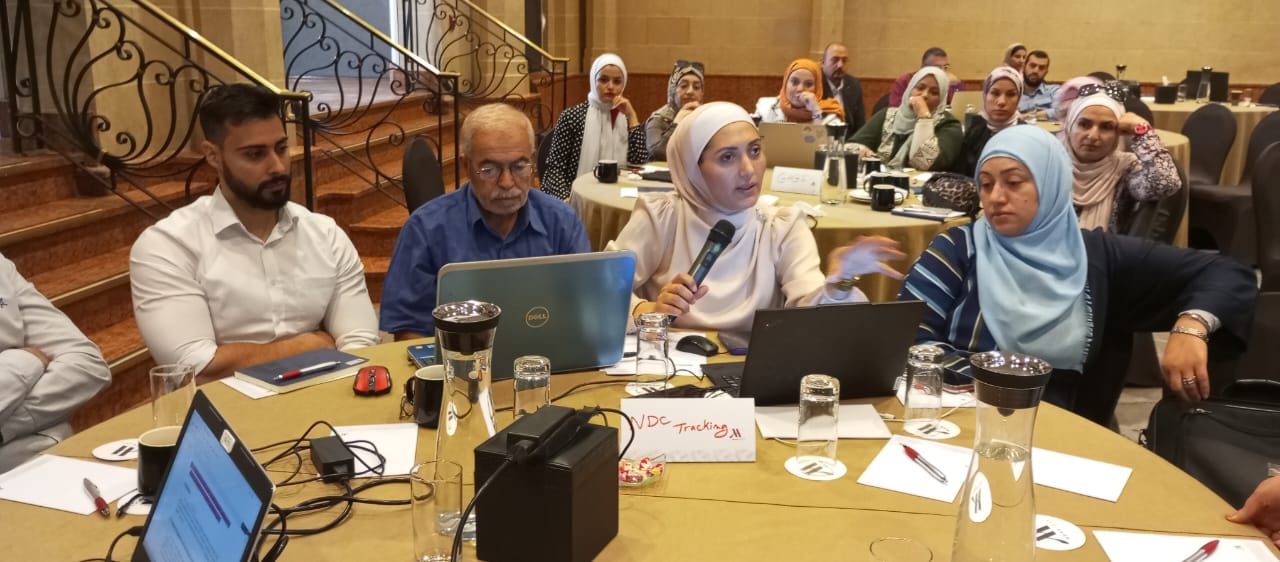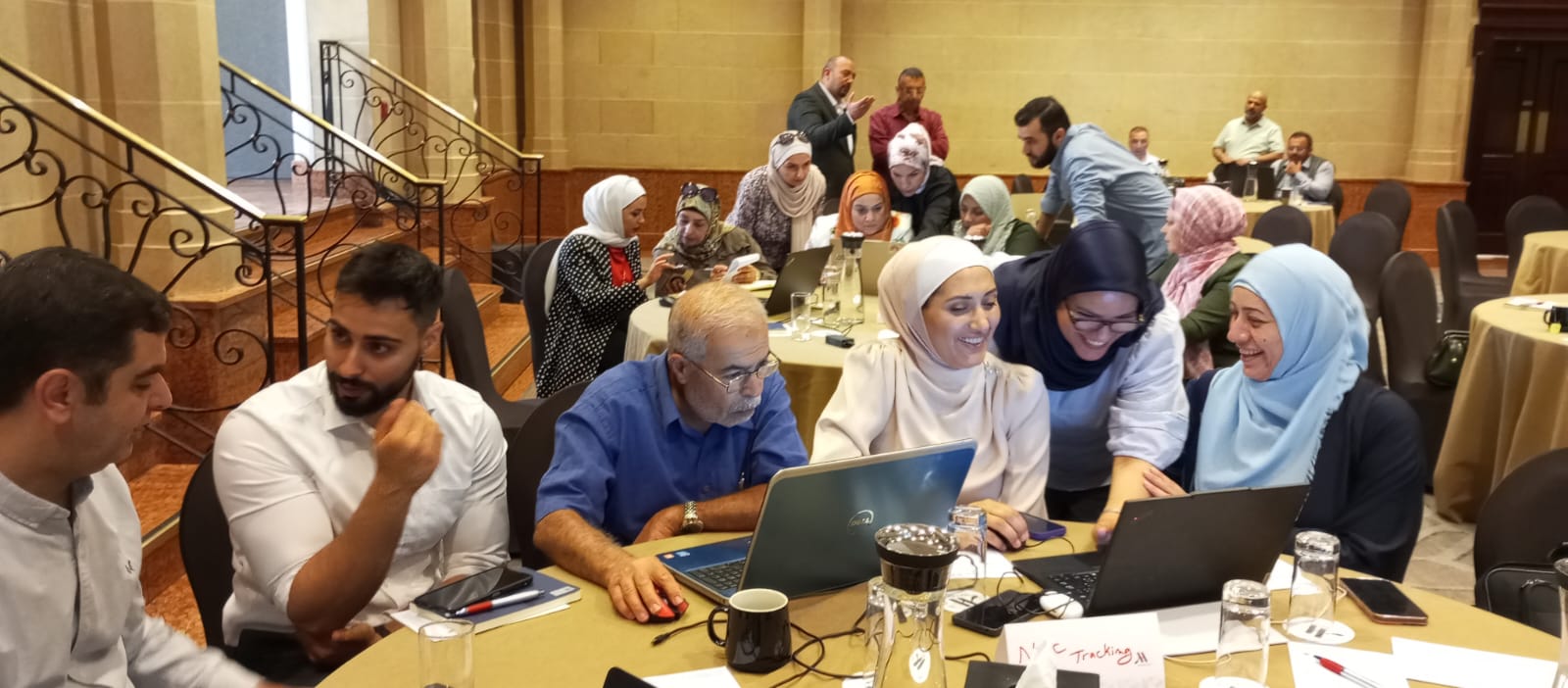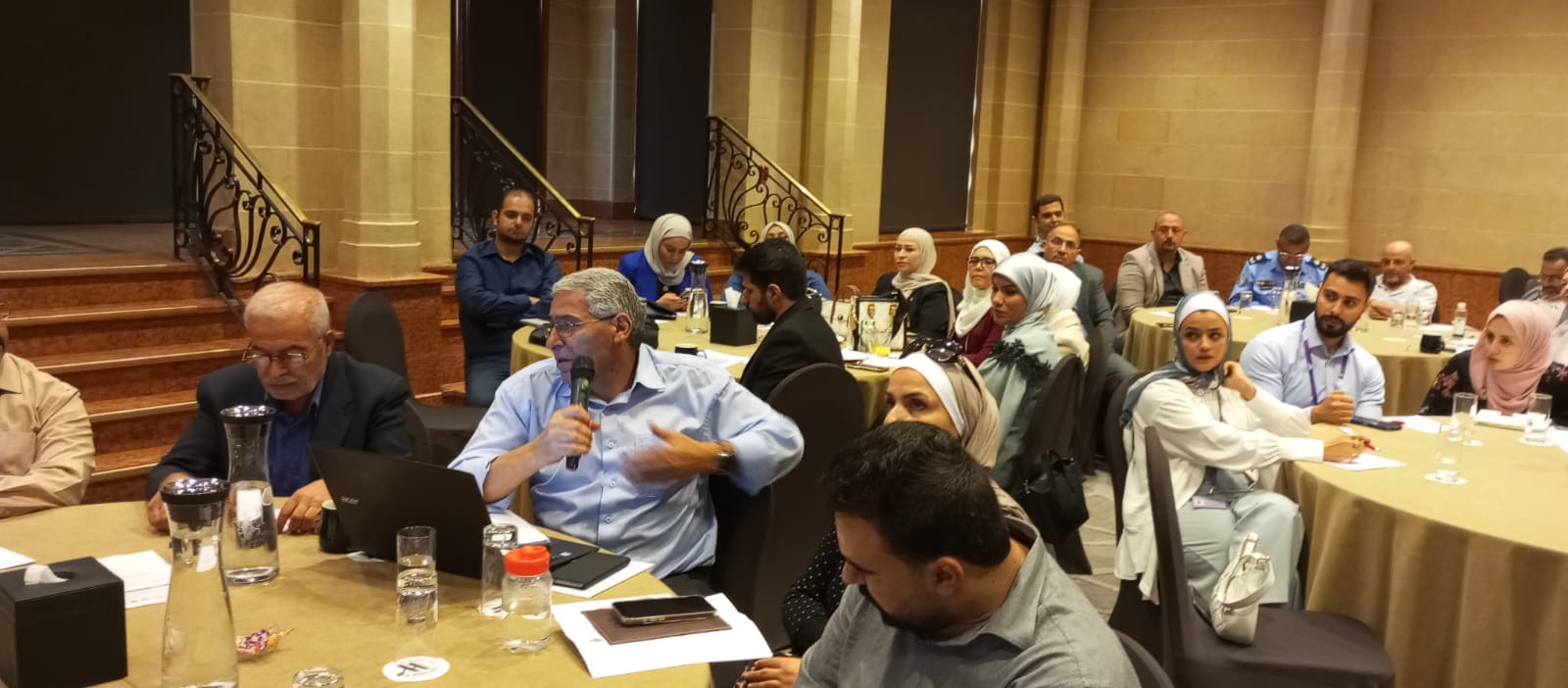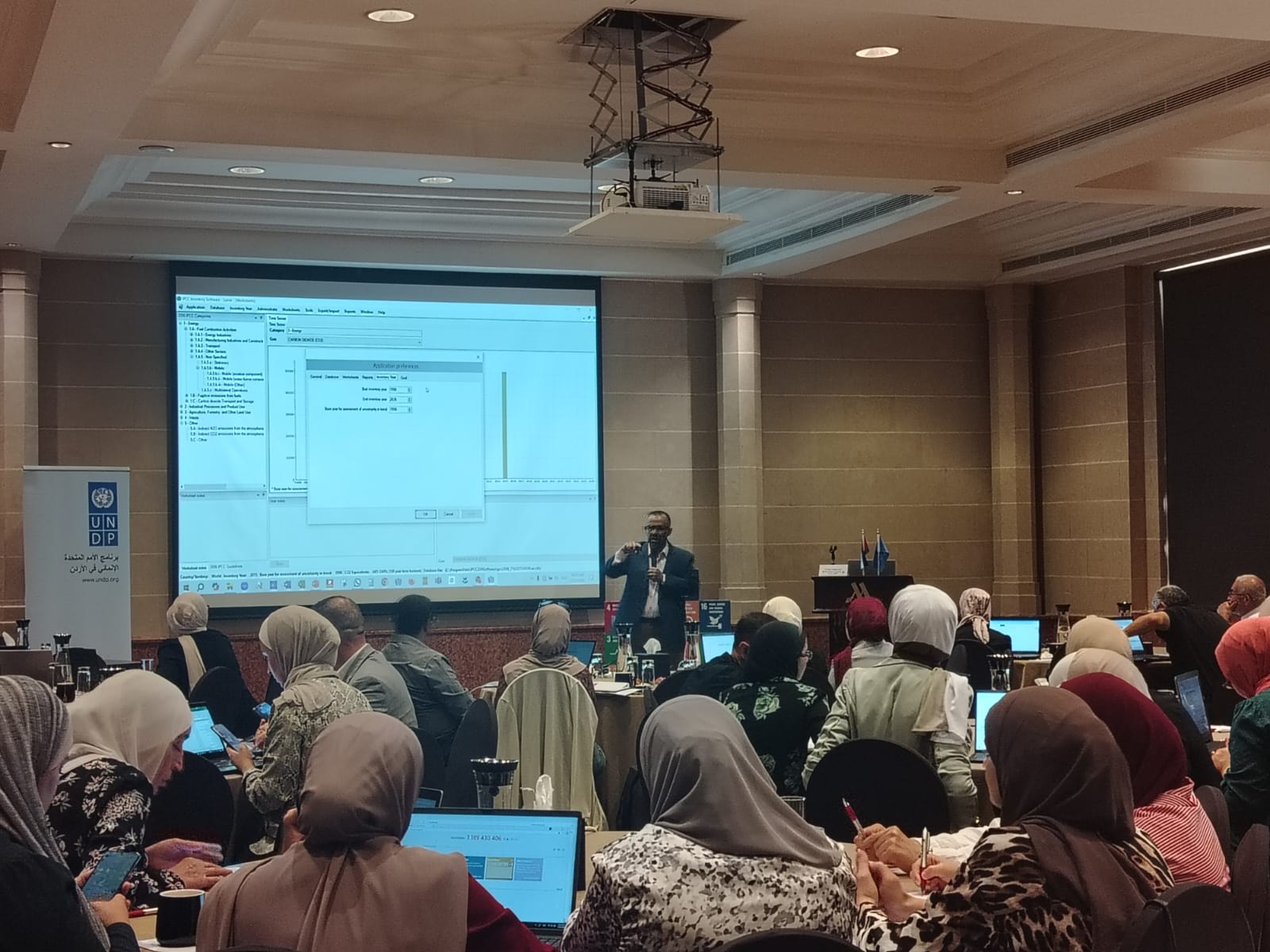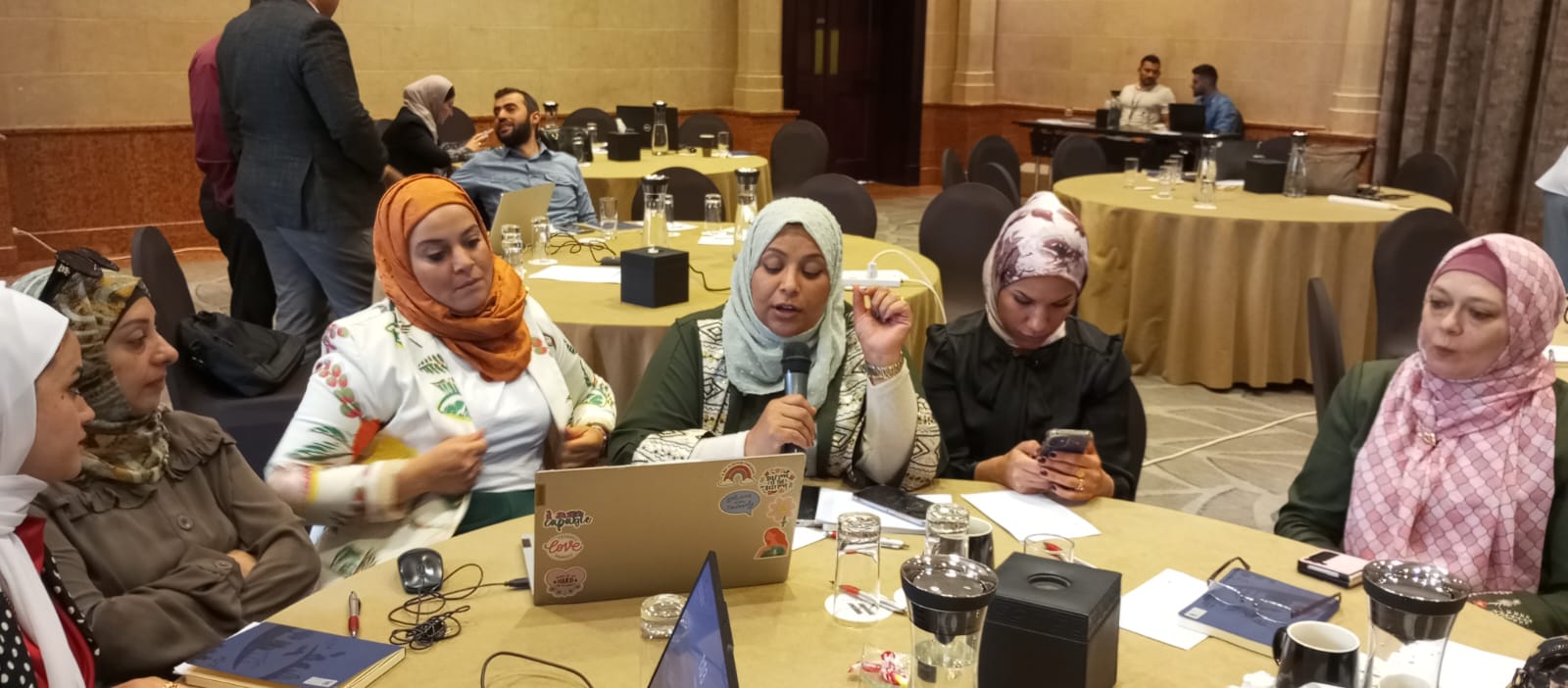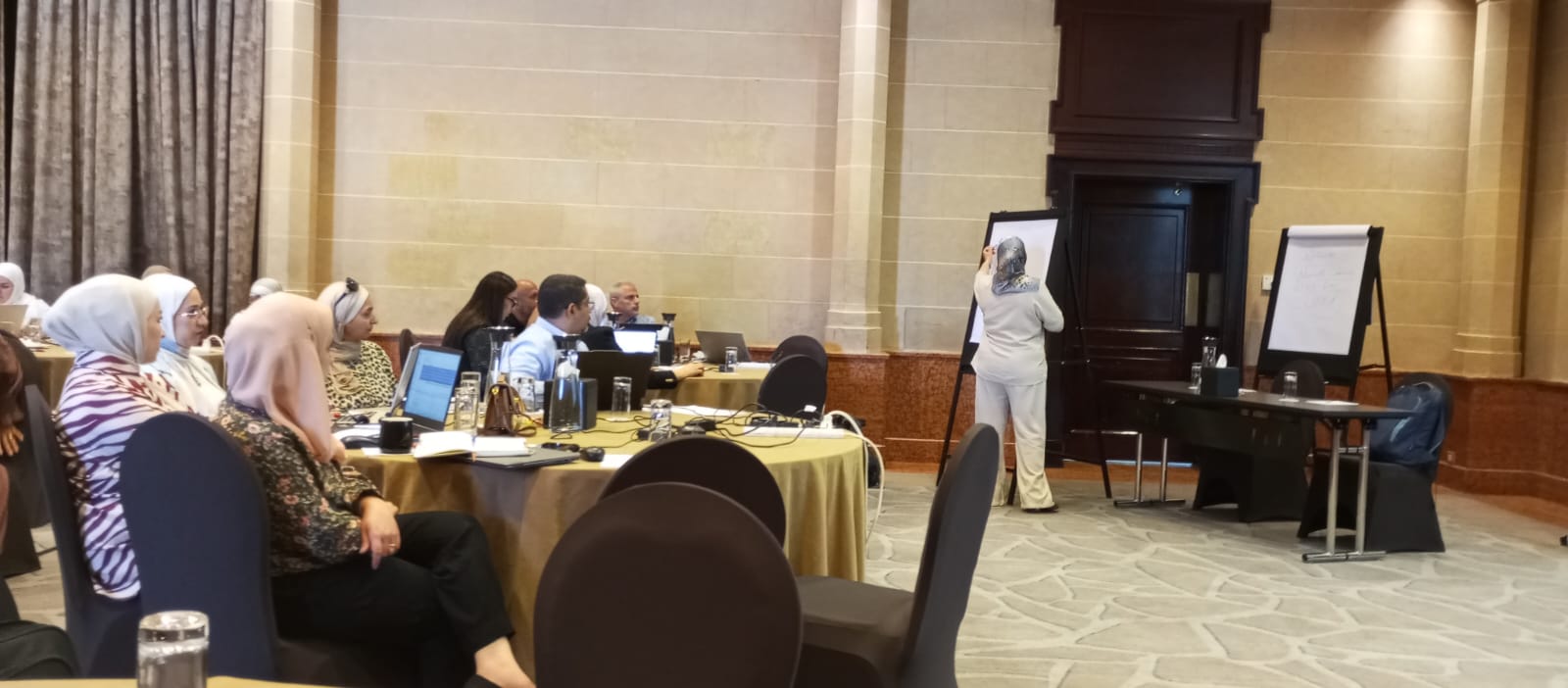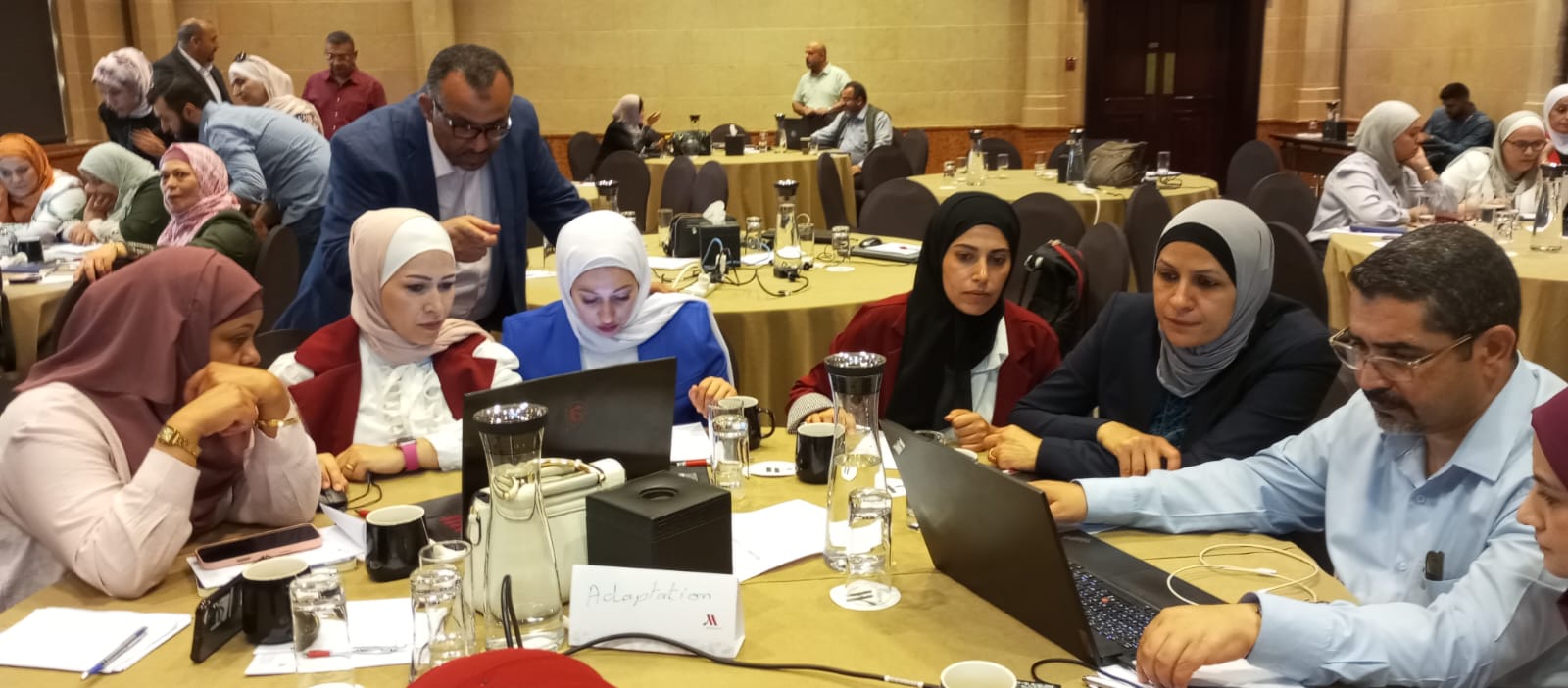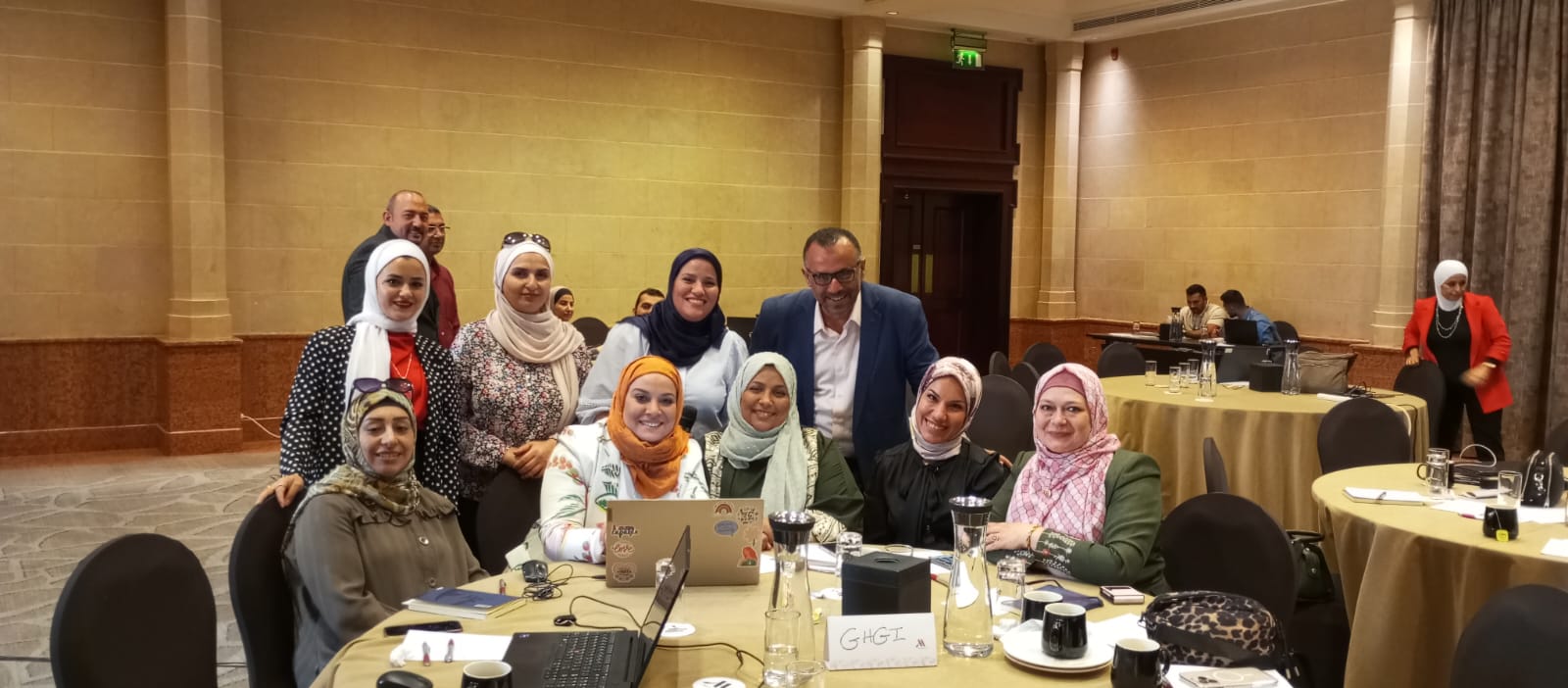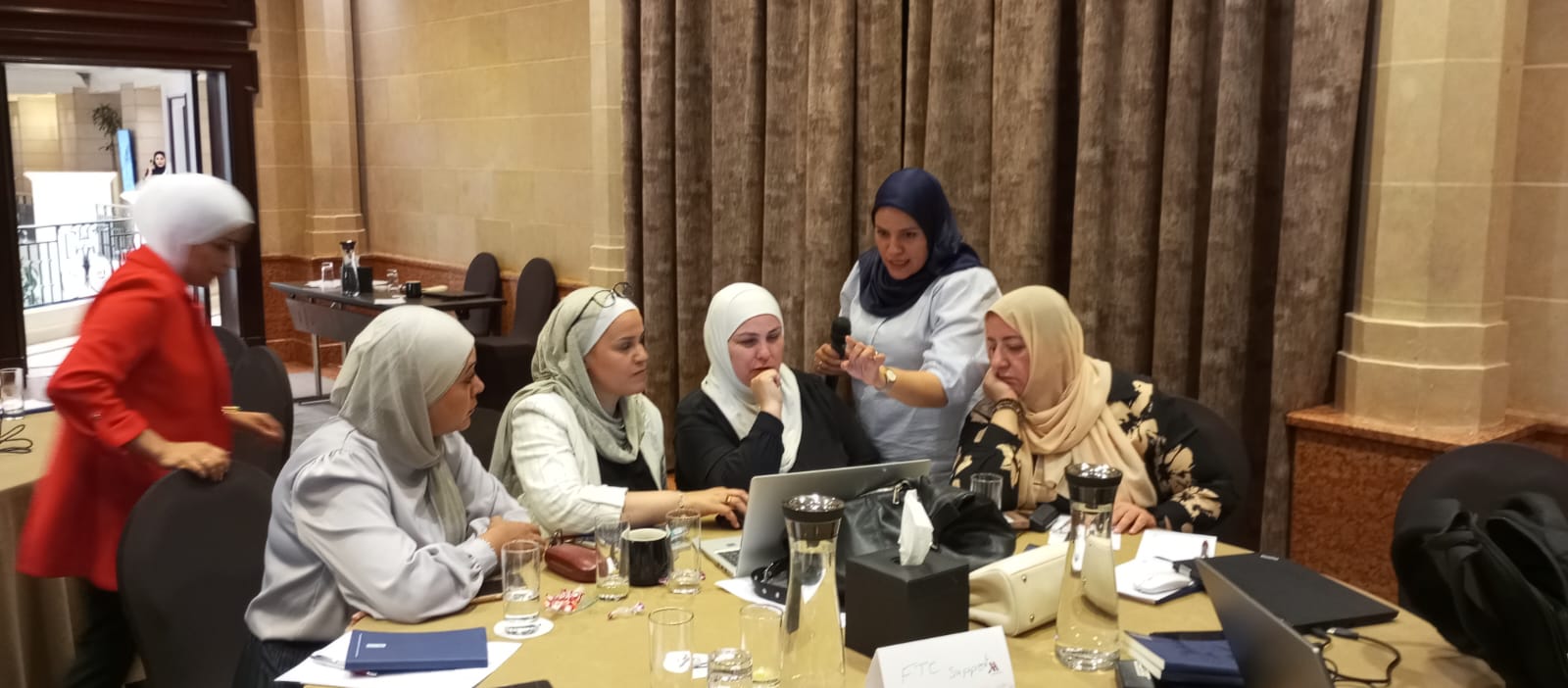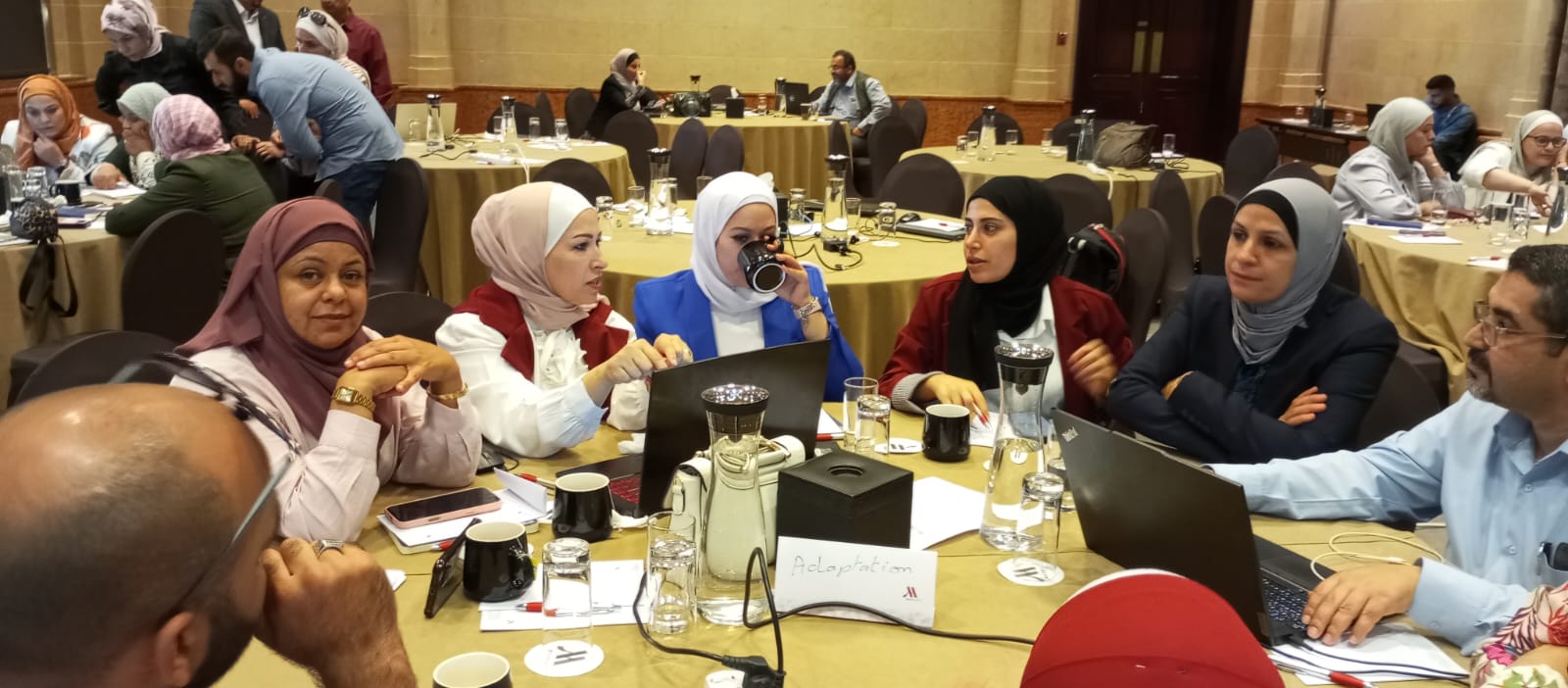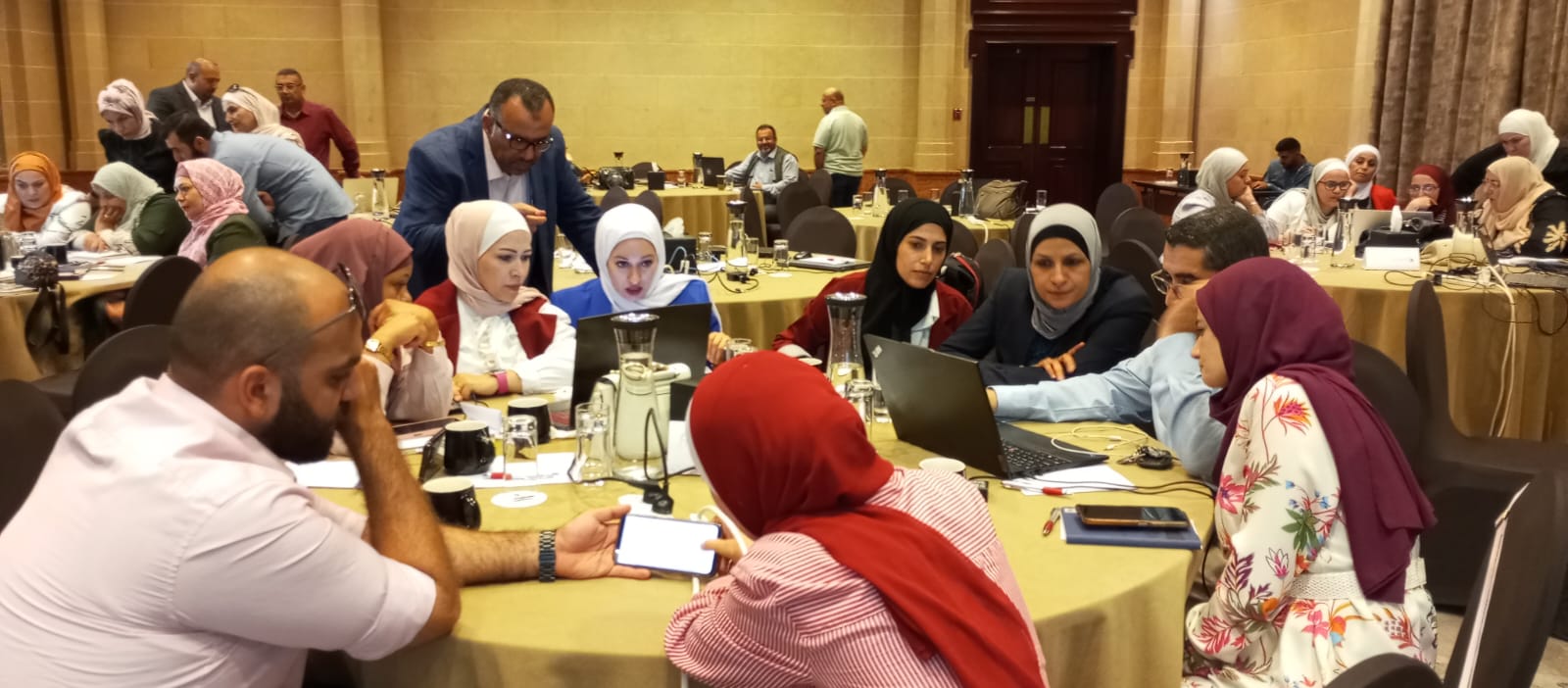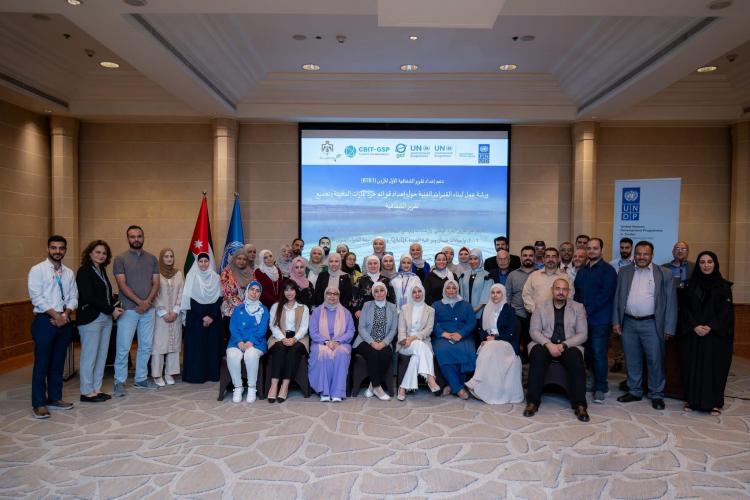https://www.facebook.com/watch/?mibextid=wwXIfr&v=24957802347156511&rdid=yunM3vZmfyxBSRwV
Amman, Jordan - In a crucial step toward enhancing its climate reporting capabilities, the Government of Jordan, in collaboration with the Capacity Building Initiative for Transparency - Global Support Programme (CBIT-GSP) and UNDP, hosted a five-day technical workshop from July 20-24, 2025. This in-country event was specifically designed to strengthen Jordan's national experts' capacity to prepare their first Biennial Transparency Report (BTR), with a strong focus on developing a robust National Greenhouse Gas (GHG) Inventory.
The workshop, titled "Technical Capacity-Building Workshop on GHG Inventory Development and BTR Compilation," built upon a previous foundational session held in December 2024. This follow-up event dove deep into the practical and technical aspects of GHG inventory preparation, the use of the 2006 IPCC Guidelines and software, and the crucial processes of Quality Assurance/Quality Control (QA/QC) and the Technical Expert Review (TER).
Key Highlights and Outcomes
The workshop successfully brought together a diverse group of 59 participants, with a strong female representation of 66% (39 female, 20 male), from various government ministries, universities, and other entities. The workshop's hands-on and interactive approach was a key factor in its positive reception, allowing experts to move beyond theoretical knowledge and apply their skills directly to Jordan's specific reporting needs.
Feedback from participants reflected this positive experience: 65.6% reported being very satisfied, 31% satisfied, and overall 96,6% expressed a positive evaluation of the training. This strong feedback highlights the workshop’s effectiveness in meeting national experts’ needs and reinforcing their technical capacities.
In-Depth Session Breakdown
The five-day agenda was meticulously structured to guide participants through the core components of transparency reporting.
The first three days of the workshop were dedicated to establishing a foundational understanding of GHG inventory preparation. Participants were introduced to the reporting requirements under the Enhanced Transparency Framework (ETF), including the roles of the National Inventory Document (NID) and the Common Reporting Tables (CRTs). The sessions provided an overview of the 2006 IPCC Guidelines, covering key principles like TACCC (Transparency, Accuracy, Completeness, Comparability, and Consistency), and a practical introduction to the IPCC Inventory Software. Through hands-on exercises, participants learned to set up and configure a national inventory database, emphasizing teamwork and cross-sectoral collaboration. The training culminated with a deep dive into the Energy sector, where experts learned about emission sources from both stationary and mobile combustion and applied IPCC methodologies to ensure accurate data collection and reporting.
The fourth day built on the inventory work by shifting focus to the broader BTR compilation process. Sessions provided practical guidance on structuring the report and introduced techniques for identifying and addressing data gaps, a common challenge in GHG inventory work.
The final day of the workshop was dedicated to preparing for the post-submission phase of the BTR. This included a practical session on QA/QC procedures and a thorough overview of the TER process, equipping the national team for this crucial stage.
Outcomes and Next Steps
The workshop was a resounding success, successfully bridging the gap between theoretical knowledge of the Paris Agreement's ETF and the practical skills required for its implementation. By the end of the event, Jordanian national experts were equipped with the confidence and tools to:
- Apply the 2006 IPCC Guidelines to all five sectors of their national inventory.
- Effectively use the IPCC Inventory Software for data input and the generation of CRTs in JSON format.
- Initiate BTR compilation and implement robust QA/QC procedures.
- Better understand the TER process, preparing them for future international scrutiny.
This event has laid a strong foundation for Jordan to complete its first Biennial Transparency Report, solidifying its commitment to climate action and international transparency under the Paris Agreement. The practical skills and knowledge gained are invaluable assets that will support Jordan's long-term climate reporting efforts.
